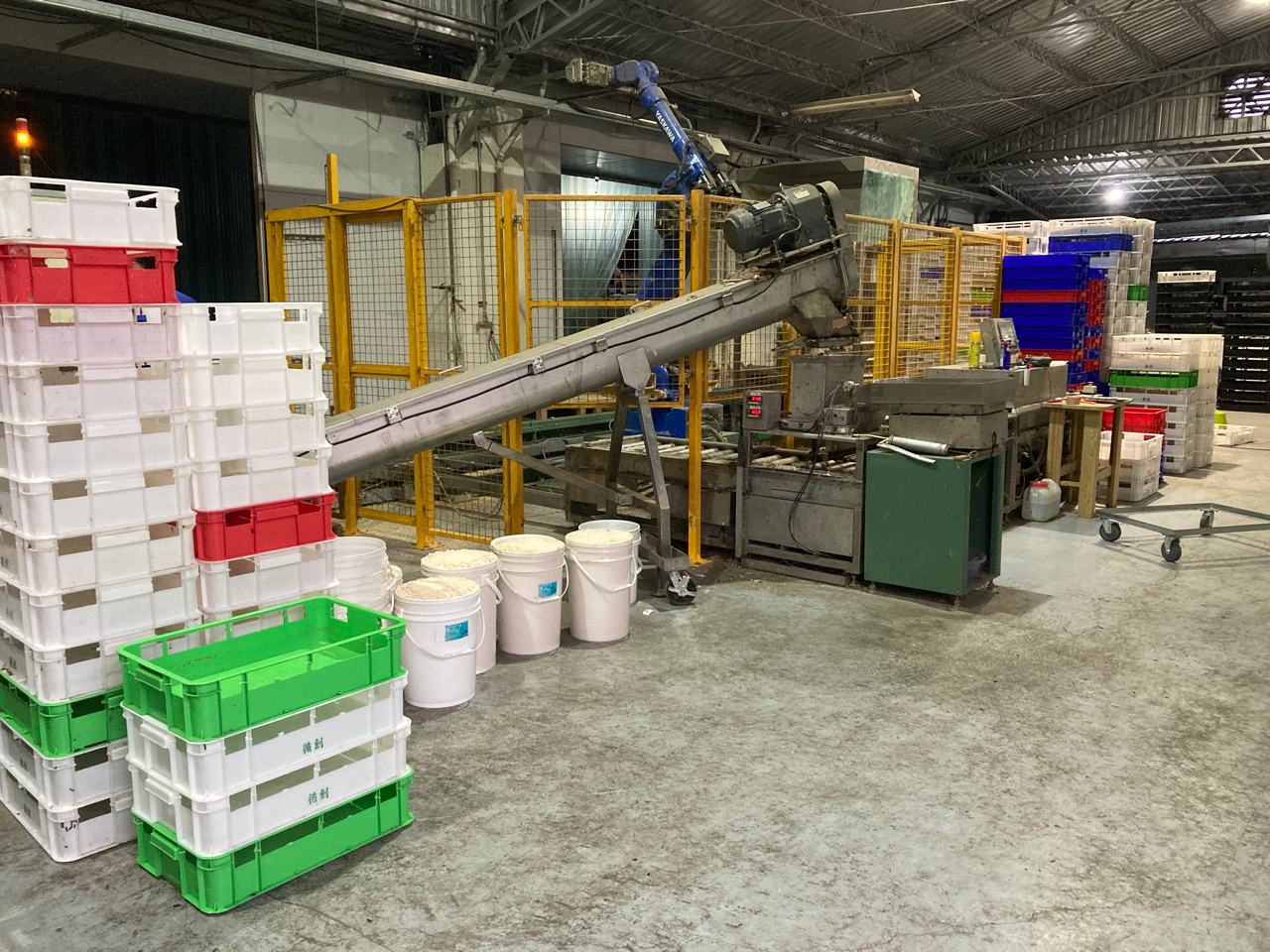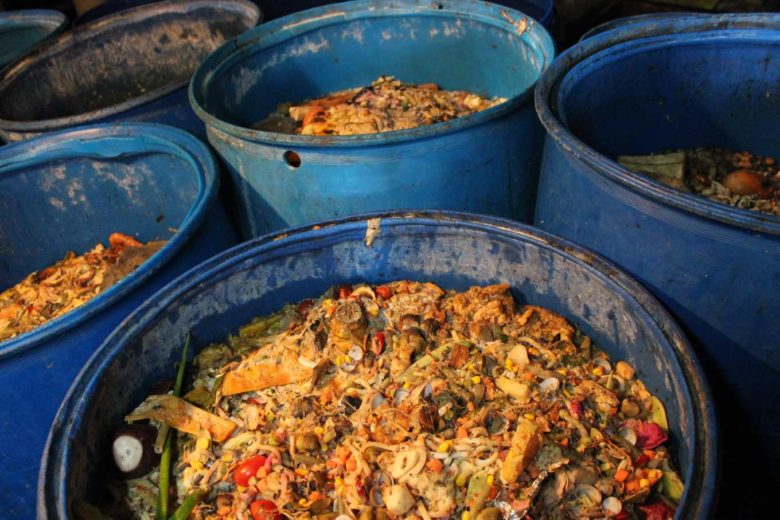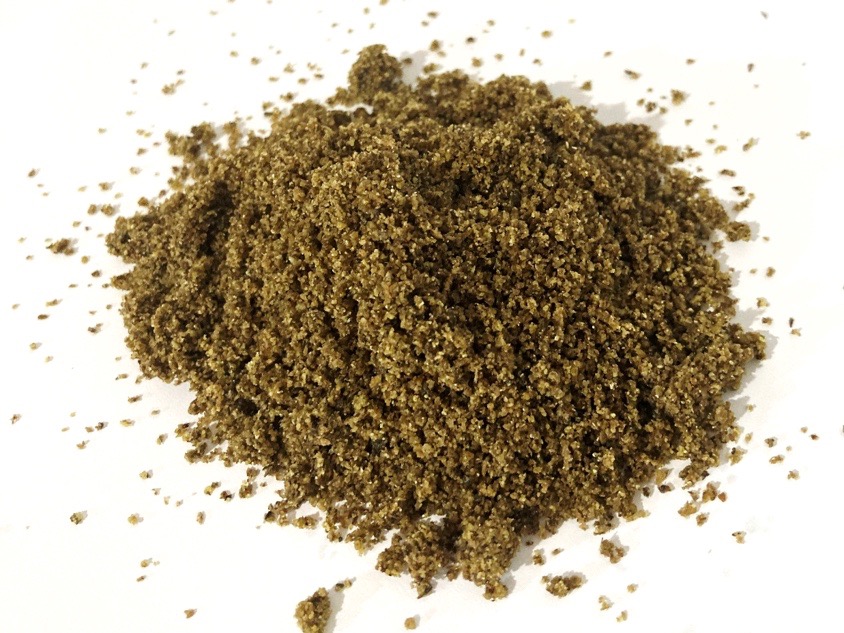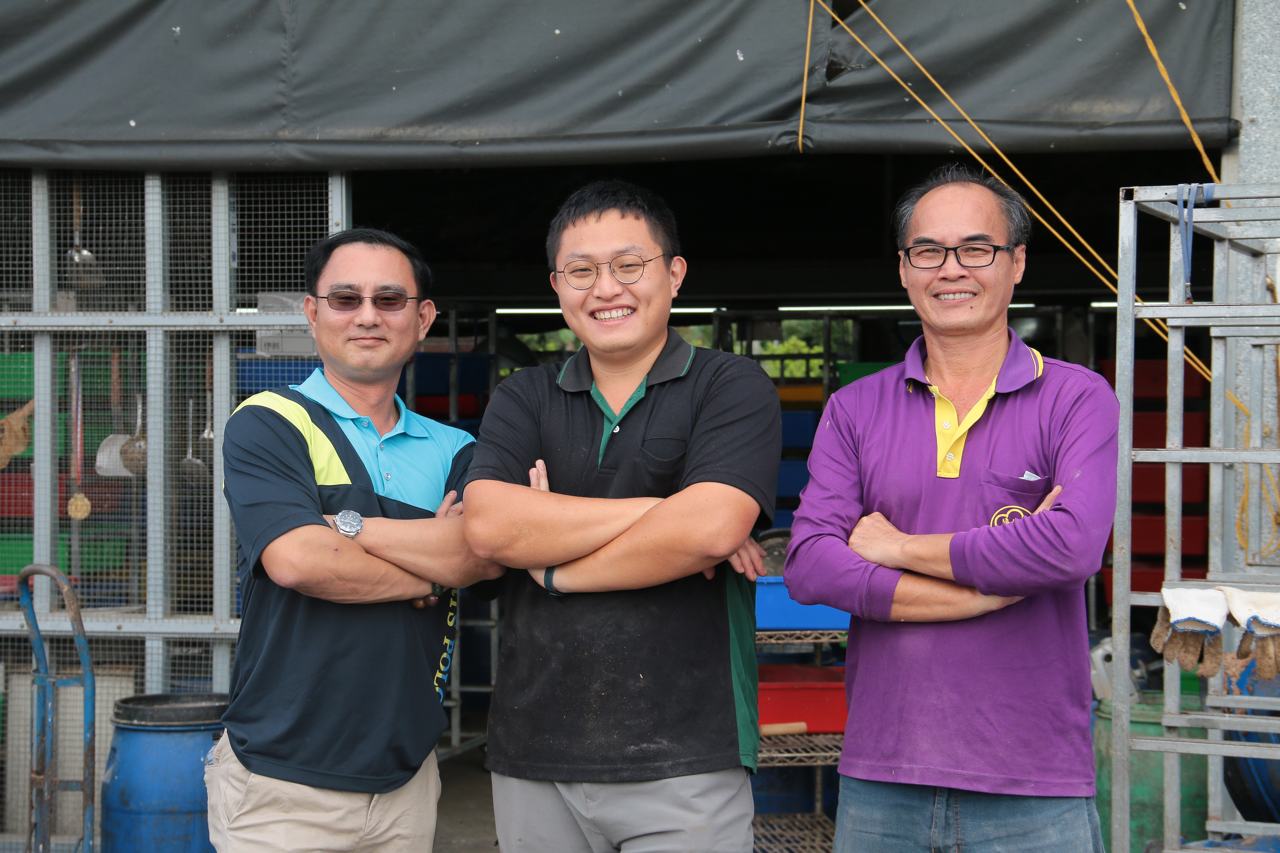The Clean-Up Team Transforms into the "Insect Alliance"
The Clean-Up Team Transforms into the "Insect Alliance"
This article is from:https://www.newsmarket.com.tw/blog/181978/
The black soldier fly is a super insect for practicing circular agriculture, capable of fulfilling multiple roles by processing food waste and livestock manure while also serving as a source of feed and fertilizer. Its scope of "business" is extensive.
While integrating multiple functions for personal use may not be difficult, engaging in commercial activities introduces a complexity of regulations—often exceeding a dozen—which significantly increases the challenges of integration. This is a primary hurdle that current industry players face when expanding black soldier fly farming and developing the industry.
High Barriers in Waste Clearance Industry: Integrating Regulatory Systems is Essential for Black Soldier Fly Industrialization
Whether it's general waste removal operators or black soldier fly producers, engaging in food waste processing requires at least a Class C waste transportation and removal license. Additionally, food waste composting facilities and processing plants are considered large "nuisance facilities," and the time spent just on site selection and construction can be extensive. Moreover, both types of facilities require substantial investment in land, buildings, and processing equipment. For instance, the two new high-speed food waste fermentation plants planned by the Tainan City Government are expected to cost a staggering NT$92 million, not including additional environmentally-friendly vehicles and equipment subsidized by the Environmental Protection Administration (EPA).
Given the significant capital investment, how black soldier fly producers can achieve profitability becomes a pressing issue. Qian Bo-Lun, co-founder of Xun Chuang Biotechnology, points out that operators using black soldier flies for food waste and livestock manure must first navigate the narrow gate of processing qualifications, overseen by the EPA. After that, they need to register their factory and business with the Ministry of Economic Affairs to sell larvae and frass as feed and fertilizer. This process is further complicated by regulations such as the Feed Management Act and the Fertilizer Management Act enforced by the Council of Agriculture. The division of regulatory authorities, ambiguity in responsibilities, and lack of legal integration significantly raise the barriers to industrializing black soldier flies, reducing the willingness of operators to invest.
Established in 2020, Beast Green Technology, founded by Chen Chong-Yu, initially attempted to process food waste using black soldier flies but had to halt this effort due to equipment and regulatory constraints. Chen believes that most domestic operators involved in black soldier fly farming are startups. He advocates for the government to approach discussions and assistance from the perspective of "innovative industries," suggesting that cross-departmental integration and coordination could unlock the potential for private sector utilization of black soldier flies to process food waste and other organic materials.

A New Solution Needed for Excess Food Waste
Currently, the total daily production of household food waste, fruit peels, and business kitchen waste from restaurants and food factories in Taiwan approaches 2,000 tons. In the past, most food waste was sent to feed pigs; however, as the African swine fever epidemic has continued to threaten Taiwan in recent years, using food waste to feed pigs has been viewed as a potential pathway for disease transmission. In September 2021, the Council of Agriculture (COA) suspended the feeding of food waste to pigs, resulting in thousands of tons of household food waste each day with nowhere to go.
Even though the COA conditionally reopened food waste feeding a month later, this situation highlighted Taiwan's overreliance on pig farmers to dispose of food waste. Moreover, other improperly processed food waste that is directly incinerated not only shortens the lifespan of incinerators and increases processing costs and air pollution but may also produce harmful dioxins.
What if black soldier flies were used to process food waste instead? Wei Heng-Wei, an associate professor in the Department of Animal Science and Technology at National Taiwan University, pointed out that if kitchen waste for pig farming is not properly processed, the nutritional supply cannot be standardized, and there are concerns about biosecurity. While using black soldier flies to process food waste is certainly feasible, it must undergo a steaming or hot-air drying process first. This process not only disinfects and sterilizes the waste but also deactivates enzymes within the insect and breaks down the exoskeleton, enabling animals to digest and absorb the nutrients more effectively. Additionally, a fat removal procedure can be applied to reduce excess fat, increase protein content, and lower the likelihood of rancidity and spoilage.

Concerns Over Disease Transmission Risks: Strict Regulations on Feed
However, in order for black soldier flies to be sold as feed, they must comply with stringent regulatory controls. According to the current Council of Agriculture (COA) regulations on "Feed for Livestock, Poultry, and Aquatic Animals," black soldier flies must be processed into a dry or powdered form with a moisture content of less than 13% to be used as feed. Furthermore, only black soldier flies fed exclusively on plant-based materials can be provided to livestock. In contrast, those fed on food waste or other feed sources can only be used for poultry and aquatic animals. Currently, black soldier flies fed on manure are not allowed to be processed into feed.
Why does the COA impose such rigorous regulations on black soldier flies? Chou Wen-Ling, head of the Livestock Bureau's Farm Management Division, explains that since the primary purpose of raising black soldier flies in Taiwan is to process waste, those fed on food waste or manure must adhere to strict self-regulation by operators. If steps such as disinfection and sterilization are not properly handled, there could be contamination issues, raising the potential risk of transmitting diseases like mad cow disease or African swine fever. Therefore, "stringent and cautious requirements are responsible practices."
However, in the same COA regulations, there are no similar standards regarding moisture content and intended use for "maggots," which are also decomposers and recognized vectors of disease, just like black soldier flies. In the past, agricultural authorities even researched using houseflies that decompose pig and cow manure to produce insect meal as a feed source. In this regard, Chou explained that maggots are primarily intended for aquatic use, stating, "Basically, no one would use them for livestock or poultry." However, she acknowledged the need for a reevaluation of whether regulations should be revised.
Qian Bo-Lun pointed out that while it is appropriate for authorities to be cautious regarding biosecurity, as more domestic and international companies enter the black soldier fly industry, the agricultural regulatory authorities should assist in establishing relevant standards for pathogens and product inspections to provide guidance for the industry. He also noted that since Taiwan's development of black soldier flies is relatively recent, with smaller production scales and higher costs, there is a potential risk that imported black soldier fly materials or products from regions with lower costs—and possibly disease outbreaks—could enter Taiwan. Without a sound regulatory framework, this could create a potential gap in disease prevention, which is something everyone would like to avoid.

Local Clean-Up Teams Form "Black Soldier Fly Food Waste Processing Alliance" with Impressive Results
Setting aside the commercial and regulatory issues of turning black soldier flies into products, they truly excel as rapid processors of food waste. The experience of the Changhua Tianzhong Clean-Up Team is particularly encouraging; they have formed the "Black Soldier Fly Food Waste Processing Alliance," bringing together several township clean-up teams.
In Taiwan, the daily responsibility of collecting over 1,300 tons of household food waste falls to the clean-up teams in various townships and urban areas. However, the processing capacity varies by location; some teams send food waste to pig farmers for feeding, while others either bury it or transport it to centralized composting facilities. They often face headaches due to the need to separate solid and liquid food waste, with wastewater issues frequently causing complications.
The Tianzhong Clean-Up Team began utilizing black soldier flies for food waste processing in July 2019. They repurposed discarded bed frames as rearing containers, allowing them to feed the solid food waste collected daily after simply adjusting its moisture content. Remarkably, they can completely process the food waste within the same day. The liquid waste is fermented with molasses to produce liquid fertilizer, which has been well-received by local farmers. Zhang Jia-Zhen, the captain of the Tianzhong Clean-Up Team, noted, "We collect about 500 kilograms of food waste every day, and it often isn't enough. Many of the larvae are still hungry."
Over the past four years, the Tianzhong Clean-Up Team has invested over NT$5 million into developing rearing techniques and operational processes, which have become standardized and can be replicated by other teams. Although raising insects may seem more challenging than operating high-speed fermentation equipment for food waste, the long-term costs are relatively lower.
